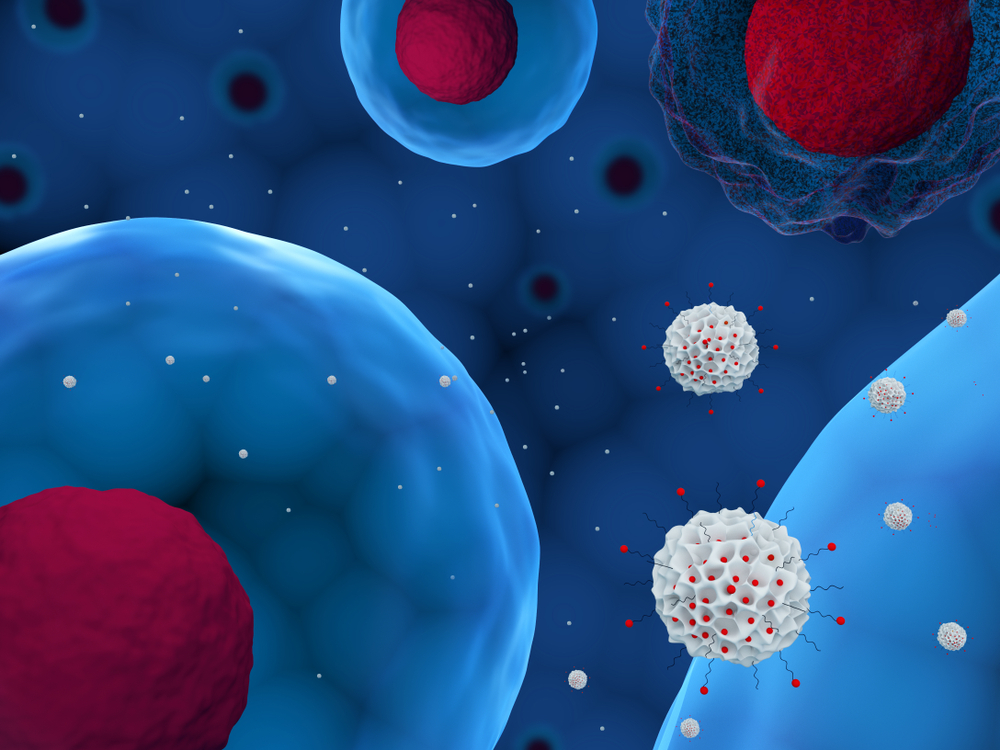Bcl-6 ‘Master Regulator’ Discovery Sheds Light on Autoimmune Diseases Such as Sjogren’s
Written by |

Researchers have discovered the mechanisms by which Bcl-6 — a protein that is considered a “master regulator” of the immune system — controls the activity of a subset of immune T-cells involved in a range of disorders.
According to researchers, knowledge of these mechanisms may prompt the development of new therapies that “switch off” these cells to counteract abnormal immune responses seen in patients with autoimmune diseases, such as Sjogren’s syndrome, lupus, and rheumatoid arthritis.
Findings were described in the study, “Bcl-6 is the nexus transcription factor of T follicular helper cells via repressor-of-repressor circuits,” published in the journal Nature Immunology.
In a previous study, the same group of researchers found that Bcl-6 stimulates helper T-cells — a subset of T-cells that are responsible for controlling the activity of other types of immune cells — to differentiate into follicular helper T-cells (Tfh).
Tfh cells normally work alongside antibody-producing immune B-cells to guide the production of antibodies against substances that are seen as a threat by the immune system. For this reason, there has been increasing interest in modulating the activity of these cells for therapeutic purposes.
“There is great interest in the use of Tfh-cell-associated biology for enhancement of vaccines,” Shane Crotty, PhD, said in a press release. Crotty is a researcher at La Jolla Institute for Immunology (LJI) in California, and senior author of the study.
“There is also great interest in targeting Tfh cell-associated biology for therapeutic interventions in human autoimmune diseases, allergies, atherosclerosis, organ transplants and cancer,” Crotty said.
In the new study, the team led by Crotty attempted to dissect the mechanisms by which Bcl-6 controls the formation and activity of Tfh cells.
Using a wide range of gene-sequencing tools and mouse models, investigators found that Bcl-6 acts as a “master regulator” of a complex inhibitory circuit that shuts down the activity of proteins that are normally active in helper T-cells.
“We did a lot of experiments to figure out that [Bcl-6] controls cells by a series of double negatives. It turns off genes that turn off other genes,” Crotty said.
The team discovered that Bcl-6 blocked the activity of several transcription factors — proteins that regulate the activity of certain genes — that normally prevent helper T-cells from differentiating into Tfh cells.
By inhibiting the activity of these proteins, Bcl-6 is effectively removing the brake that is preventing helper T-cells from becoming Tfh cells when they are needed in the body.
Now that investigators discovered how to control the switch that regulates the formation and activity of Tfh cells, they are armed with the knowledge to come up with new ways to correct defects in the system leading up to autoimmune or immunodeficiency disorders.
“Our fundamental knowledge about the circuitry of this cell can help us understand how to turn it off in autoimmune diseases,” Crotty said.
In addition to autoimmune diseases, other possible therapeutic applications stemming from the control of the circuit regulated by Bcl-6 include new ways to tone down allergies, reduce the rate of transplant rejections, and prevent atherosclerosis.
“This study advances our mechanistic understanding of how Bcl-6 controls Tfh differentiation and function … [and] provide future insights into the biology of dysregulated Tfh or Tfh-like cells that are present in a range of biomedically relevant diseases such as atherosclerosis and autoantibody-mediated auto-immune diseases,” researchers concluded.





